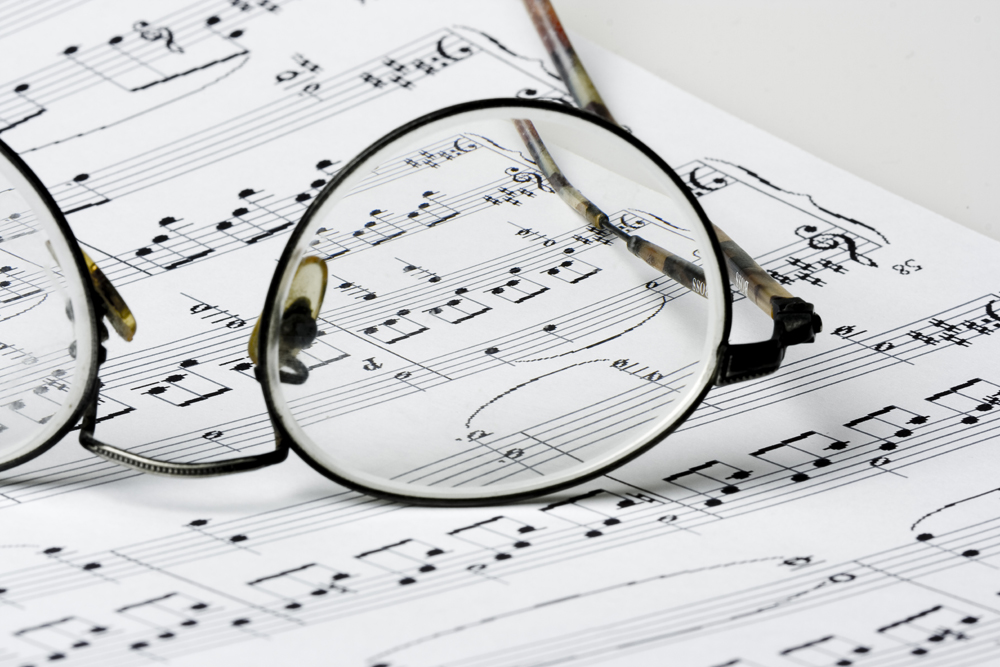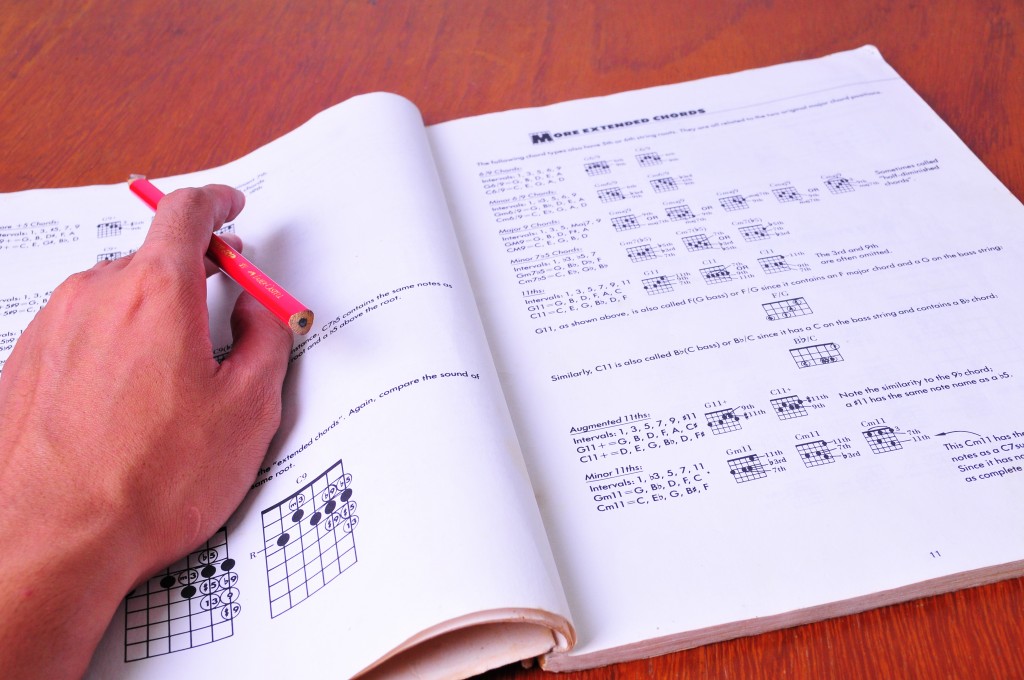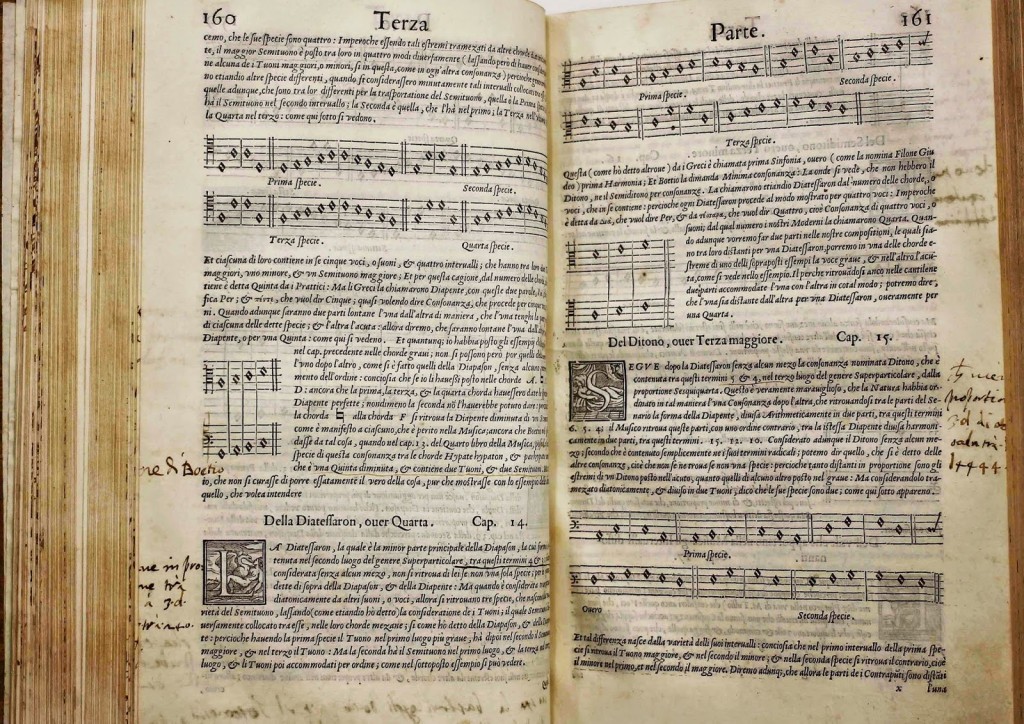Najpopularniejsze tematy slotów
Badania wykazują, że 34% Polaków wybiera sloty o tematyce przygodowej, a 28% mitologiczne, co odzwierciedla oferta GG Bet zawierająca wiele tytułów inspirowanych starożytnością.
Crash a możliwość gry na wielu urządzeniach
Nowe gry crash synchronizują sesję Bison free spin po stronie serwera – gracz może rozpocząć rundę na laptopie, a kontynuować lub tylko podglądać wyniki na telefonie; jednak równoczesne stawianie z dwóch urządzeń jest zwykle blokowane.
Satysfakcja z kasynowych gier karcianych
Ankiety NPS pokazują, że gry karciane osiągają w Polsce wynik satysfakcji powyżej 70 punktów, a blackjack i bakarat w Vulcan Vegas opinie są jednymi z najlepiej ocenianych kategorii.
Obowiązek publikacji kursów i szans
Na rynku zakładów sportowych operatorzy są zobowiązani do przejrzystego prezentowania kursów; analogicznie w obszarze gier losowych rośnie presja, by Bet wyplaty publikować przejrzyste wskaźniki RTP i informacje o wariancji gier kasynowych.
Minimalne wymagania łącza dla gier live
Dla stabilnej gry w stołach karcianych live zaleca się łącze co najmniej 10 Mb/s, ale wielu graczy kasyno Beep Beep korzysta z łącz powyżej 50 Mb/s, eliminując praktycznie wszelkie przycinki.
Trend: centralizacja danych gracza
Na poziomie UE dyskutuje się o możliwości bardziej zintegrowanego systemu kontroli graczy, np. paneuropejskich list samowykluczenia; choć projekt jest w fazie Lemon wyplaty koncepcyjnej, polscy regulatorzy biorą udział w tych rozmowach.
Kasyna krypto a audyty smart kontraktów
Nieliczne kasyna budują się w całości na smart kontraktach Ice wypłaty (on-chain casinos); w takich przypadkach istotne jest, czy kod został poddany audytowi zewnętrznemu – inaczej ryzyko błędu lub backdooru jest bardzo wysokie.
2
Music Theory Lessons Just for You
This is what we do for over 35 years.
Music Makers Calgary is the perfect place for young kids, teenagers, adults and seniors to take Music Theory lessons. High qualified teachers ready to give you the best learning experience possible, respecting your own pace and ability.
All individual lessons are prepared to fit your needs, being that for deep theoretical understanding or just to learn how to play a specific music that you love.
Get in touch to learn more and schedule your first Music Theory lesson.
Why Learn Music Theory
- To understand how music work
- To be able to critically listen to music.
- To write and perform music accurately.
- To be able to detect errors (and other deviations from the score).
- To be able to sight read well.
- To understand the styles and genres of Western music.
- To be exposed to unfamiliar music.
- To be familiar with the masterworks of Western music.
- To improve critical reasoning skills.
- To develop excellent scholarship.
Enjoy all the benefits of learning Music Theory.
Take Music Theory Lessons with us.
Schedule Your Lesson
Music Theorist You Should Know About
- Pythagoras: 582–507 B.C.
- Nicola Vicentino: 1511–1576
- Harry Partch: 1901–1974
- Karlheinz Stockhausen: 1928–2007
- Robert Moog: 1934–2005
Elements of music
Music is composed of aural phenomena, and “music theory” considers how those phenomena apply in music. Music theory considers:
- Pitch
- Scales and modes
- Consonance and dissonance
- Timbre
- Texture
- Rhythm
- Dynamics
- Melody
- Chord
- Harmony
- Form or structure
- Analysis
- Expression
- Musical semiotics
- Serial composition and set theory
- Mathematics
- Genre and technique
History
The earliest known examples of written music theory are inscribed on clay tablets found in Iraq and Syria, some of which contain lists of intervals and other details from which “…musicologists have been able to produce credible reconstructions of the Mesopotamian tonal and tuning systems.”
Over time, many cultures began to record their theories of music in writing by describing practices and theory that was previously developed and passed along through oral tradition.
As Western musical influence spread throughout the world in the 1800s, musicians adopted Western music theory as an international standard—but other theoretical traditions in both textual and oral traditions remain in use.
Schedule your Music Theory Lesson now.
Call 403 284 3301 or click on the button below.
Contact Us





